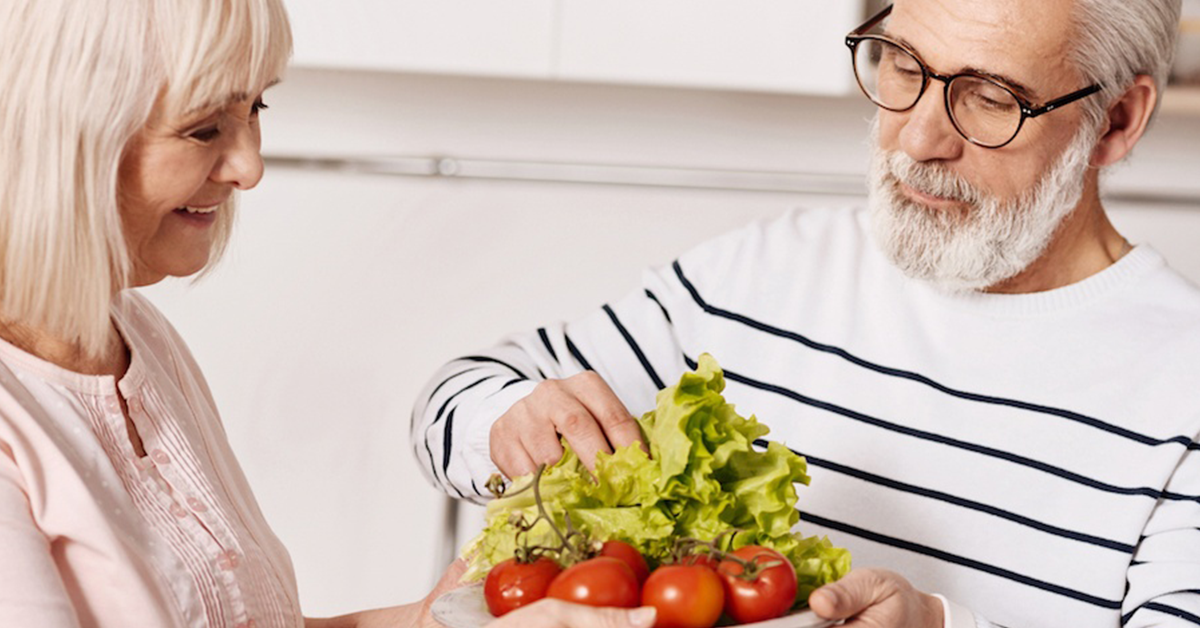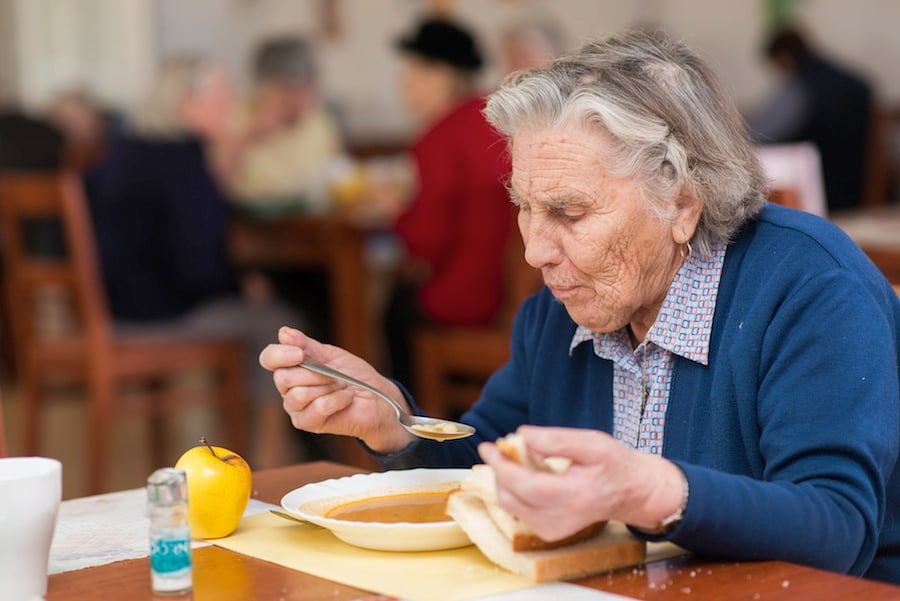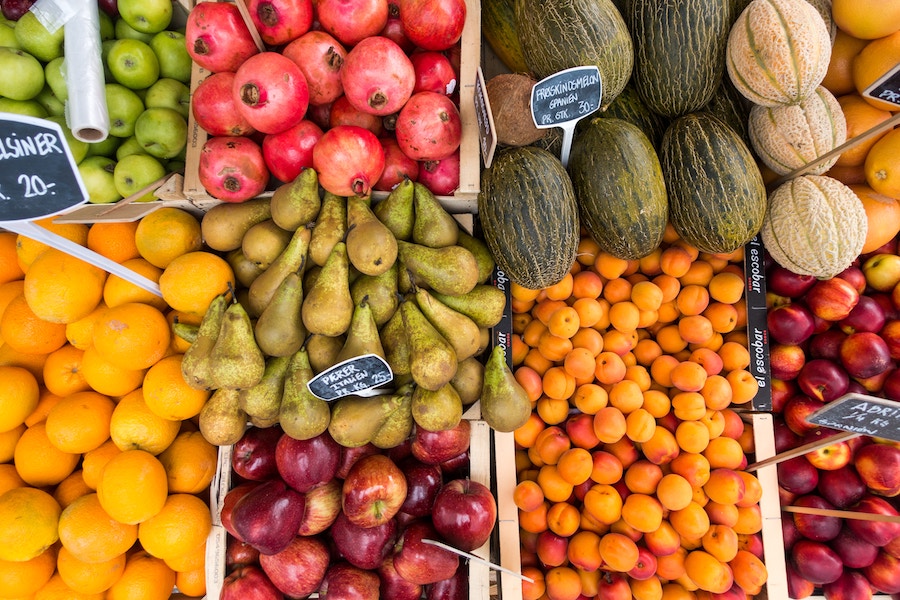
Luxury Retirement Living Sarasota
What Nutritional Health Habits Should Seniors Consider Cultivating?
- April 27 2020
- Sarasota Bay Club

Good nutrition is important at every stage of life, but it is especially important for seniors to fuel their bodies by eating healthy meals and snacks, and getting plenty of water in the bargain. Here are some healthy habits to integrate into your daily life. You can try developing one habit at a time until it becomes fairly well established, and then move on to another. Change tends to happen slowly, and it can be overwhelming to try to accomplish too many new habits at once, so feel free to change at your own pace!
Related Blog: Diet and Nutrition Tips for Seniors
Drink More Water
Drinking enough water is a challenge for many people, but dehydration is particularly dangerous for seniors. Statistics say that people between the ages of 85 and 99 are admitted to the hospital for dehydration six times more often than younger adults. Dehydration is no joke, but keeping ourselves hydrated can be more difficult than it sounds. Thirst isn't always a reliable indicator.
Starting today, make a commitment to drink at least 6 8-ounce glasses of water a day. You can even have your glass of water at specially designated times if that helps you to remember. Make it a challenge and then beat it!

Think Fiber
As we age, it becomes more and more important to ensure that we're getting enough fiber in our diets. Older Americans tend to have issues with digestion, partly because the older we get, the more likely we are taking medications that affect such processes in our bodies. Older Americans tend to also be less active, and exercise is another necessary element in that quest to combat digestion issues. That makes it essential to consume more fiber by increasing your servings of fruits, vegetables and whole grains. Just make sure that you're also drinking enough water.
Try Something New
We all know how important it is to get plenty of fruits and vegetables, but we each tend to have our own favorites that we eat over and over again. Make it a goal to try something new each week, whether it's a fruit or vegetable you've never tried before, or a new way to prepare an old favorite. Not only will this help keep your focus on healthy foods, but it will also expand your food experiences.
Shake the Salt Habit
Most of us eat too much salt, and there's a direct correlation between eating too much sodium and developing high blood pressure. Surprisingly, it's not always a heavy hand with the salt shaker that's to blame, but rather consuming too many processed foods with high amounts of sodium. Try to consume as many whole, or unprocessed foods as possible, and at the same time, seek out foods that are high in potassium, a mineral that helps to counteract the effects of too much salt. Foods that are high in potassium include; avocados, spinach, winter squash (like butternut or acorn), bananas, milk and yogurt.
Practice Food Safety
Millions of Americans are affected by food-borne illnesses each year, and symptoms can be truly awful -- fever, dehydration, etc... Older Americans are the most vulnerable. Learning how to clean, handle, and store fruits, vegetables and meats properly will go a long way toward minimizing the risk of eating contaminated food and getting sick. Commit the following food safety "rules" to memory and make them a daily habit.
- Wash hands with soap and water, rubbing them together for 20 seconds and rinse thoroughly under warm water.a
- Never rinse meats or fish. Splashing can contaminate work surfaces and other foods.
- Wash all fruits and vegetables thoroughly, using a veggie brush and rinsing well. Pat dry and they're ready for chopping, dicing, etc.
- Store all perishables in the refrigerator or freezer, and thaw frozen foods according to package directions.









Leave your thought here
Your email address will not be published. Required fields are marked *